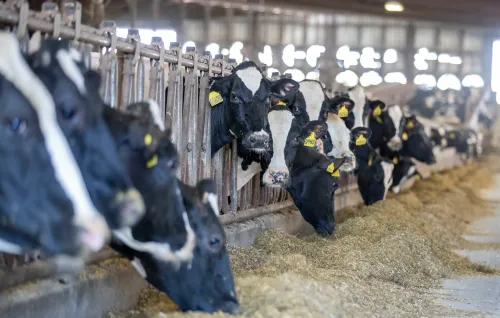Enjoy Chicken? Research Connects Frequent Intake to Digestive Cancers

Synopsis
Key Takeaways
- Regular chicken consumption may be linked to early death from gastrointestinal cancers.
- Men are at a higher risk compared to women.
- Poultry is widely consumed due to its affordability.
- Moderation and alternative protein sources are recommended.
- Further research is essential to confirm these findings.
New Delhi, April 25 (NationPress) While chicken, recognized as a type of lean meat, has traditionally been viewed as a healthier option than red meat, recent research indicates that regular consumption of poultry could be associated with an increased risk of early mortality due to cancers of the gastrointestinal or digestive system.
The investigation, conducted by experts at the National Institute of Gastroenterology in Italy, analyzed health data from 4,869 adults in Italy over a span of 20 years.
The results revealed that the likelihood of developing digestive tract cancers, including oesophageal, stomach, colon, pancreatic, and liver cancers, is greater in men compared to women.
Poultry, predominantly chicken, ranks among the most consumed meats globally. Its affordability and availability contribute to its widespread popularity.
Previous studies have posited that chicken, as a protein source, carries a lower risk of contributing to cardiovascular diseases and certain gastrointestinal cancers.
However, the new research, published in the journal Nutrients, indicates that individuals consuming over 300 grams of poultry weekly may face a heightened risk of developing gastrointestinal cancers and potentially earlier deaths.
Additionally, the mortality risk for those consuming more than 300 grams of poultry weekly was found to be 27% higher compared to those who limited their intake to 100 grams or less.
“We believe it’s crucial to further explore the long-term impacts of this widely consumed category of food, often regarded as healthy without qualification,” the researchers commented.
“We recommend moderating poultry intake and incorporating other protein sources, like fish. Attention should also be given to cooking methods, avoiding high temperatures and lengthy cooking times,” they asserted.
Nevertheless, the research team called for additional studies to validate these findings and to better understand the implications of processed poultry consumption.










